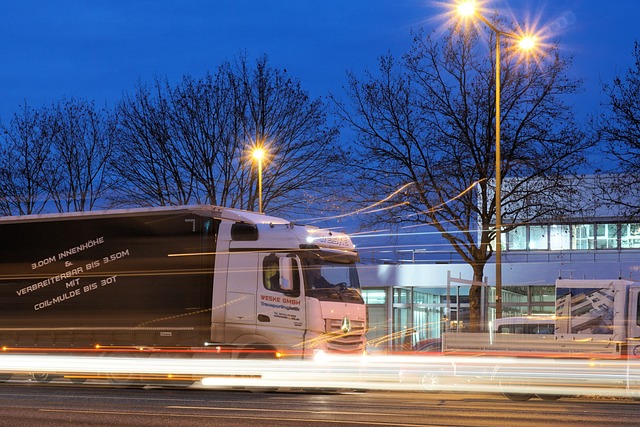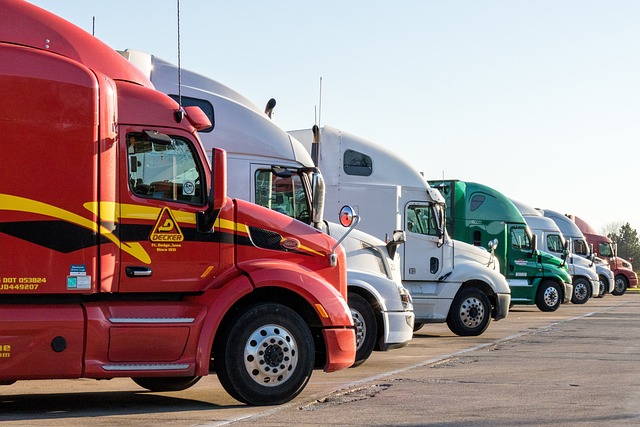Startup trucking companies face a unique challenge in securing comprehensive trucking insurance due to diverse risk exposures and narrow profit margins. To balance cost and coverage, they must meticulously evaluate their specific risks (data security, property damage, liability), assets, and legal obligations. This involves tailored policies with managed claims and specific exclusions from multiple providers to ensure robust protection without overspending. Prioritizing industry-specific coverage, fair claims handling, and exceptional customer support from reputable insurers is crucial for startups to manage crises effectively while maintaining agility and financial stability.
In the dynamic landscape of startups, securing the right insurance policy is a balancing act between cost and quality. This comprehensive guide aims to demystify startup insurance needs, focusing on essential coverage for potential risks. We explore how startups can navigate the market, understanding the impact of costs while ensuring optimal protection. From comprehensive trucking insurance to broader risk management, this article provides insights into selecting policies that offer both value and reliability, catering to the unique needs of emerging businesses.
Understanding Startup Insurance Needs: A Comprehensive Guide

Startup companies, with their innovative spirit and growth potential, face unique challenges when it comes to insurance. Navigating the complex landscape of policies and premiums can be daunting. However, a key first step is understanding that comprehensive trucking insurance isn’t one-size-fits-all. Each startup’s needs are shaped by its specific industry, business model, and risk exposure. For instance, a tech startup focused on software as a service (SaaS) may require different coverage than a logistics company relying heavily on trucks and freight.
A comprehensive guide to startup insurance should emphasize the importance of evaluating potential risks, assets, and legal obligations. This includes examining areas like data security, property damage, liability towards customers and employees, and business interruption. By meticulously assessing these factors, startups can tailor their insurance policies to offer adequate protection without overspending on coverage they don’t truly need. This balanced approach ensures that young businesses remain agile, financially stable, and able to focus on growth while managing risks effectively.
The Role of Cost in Policy Selection for Startups

For startups, cost plays a pivotal role in policy selection, especially when it comes to essential coverage like comprehensive trucking insurance. These young businesses often operate on tight margins, making every financial decision critical. Therefore, they need insurance policies that offer adequate protection while aligning with their budget constraints.
Comprehensive trucking insurance, given its significance in ensuring the safety of goods and vehicles, should strike a balance between providing extensive coverage for potential risks and offering cost-effective solutions. Startups can benefit from tailored policies that include specific exclusions or caps on claims to keep premiums manageable. Additionally, comparing quotes from multiple providers allows them to find the best value for their money without compromising the quality of protection needed to mitigate operational risks.
Quality Considerations: What to Look For in an Insurance Policy

When evaluating insurance policies for startups, particularly in sectors like trucking, understanding what constitutes quality is paramount. Comprehensive trucking insurance should offer protection against a wide range of potential risks and losses specific to the industry. Look for policies that cover liability, collision damage, cargo loss or damage, and medical expenses for those injured in accidents. Additionally, ensure the policy includes provisions for legal defense fees and environmental clean-up costs, which are common in trucking incidents.
Beyond coverage limits, assess the reputation of the insurance provider. A company with a strong track record of paying claims promptly and fairly is indicative of quality service. Consider also the level of customer support offered—24/7 assistance and easily accessible claims handling processes can make all the difference in times of crisis. Lastly, check for any exclusions or limitations; make sure you fully comprehend what’s covered and what’s not to avoid surprises down the line.
Balancing Act: Strategies for Achieving Optimal Coverage and Affordability

In the realm of startups, especially those venturing into trucking, balancing cost and quality in insurance policies presents a delicate tightrope walk. Entrepreneurs must navigate a labyrinthine landscape where comprehensive trucking insurance is paramount for risk mitigation yet affordability remains a nagging concern. To achieve optimal coverage and maintain fiscal prudence, startups can employ strategic maneuvers.
One such approach involves shopping around for quotes from various insurers, comparing not just premiums but also the scope of coverage offered. Another tactic is to opt for specialized trucking insurance policies tailored to the startup’s specific needs rather than settling for generic packages. Additionally, leveraging industry-specific discounts and maintaining a spotless driving record can significantly lower costs without compromising on quality protection.
For startups navigating the complex landscape of insurance, finding a harmonious balance between cost and quality is essential. By understanding their unique needs, evaluating policy aspects like coverage limits, exclusions, and deductibles, and comparing quotes from various providers, entrepreneurs can secure comprehensive trucking insurance that offers adequate protection without breaking the bank. This strategic approach ensures startups can focus on growth and innovation, knowing their risks are managed effectively and affordably.
